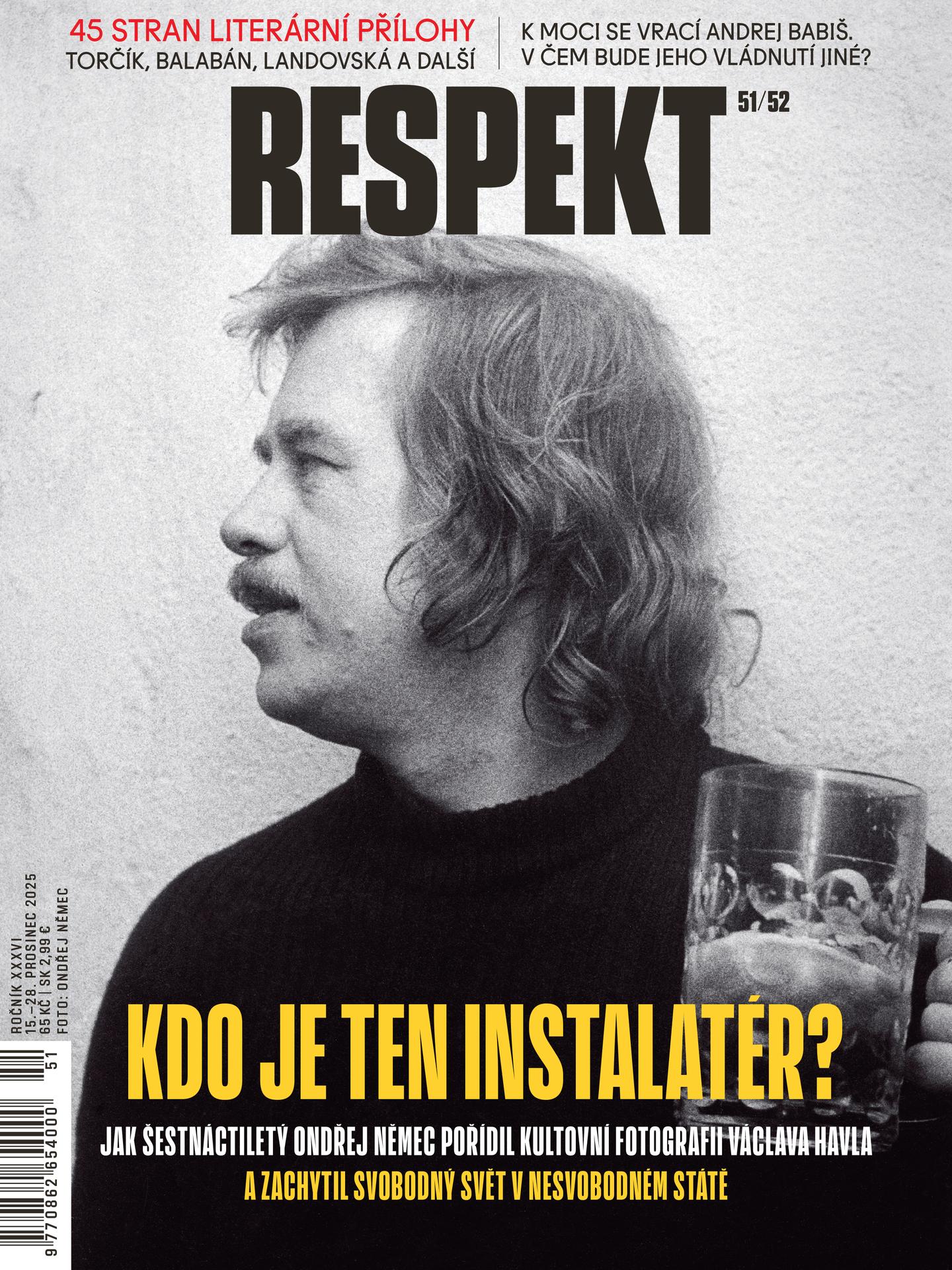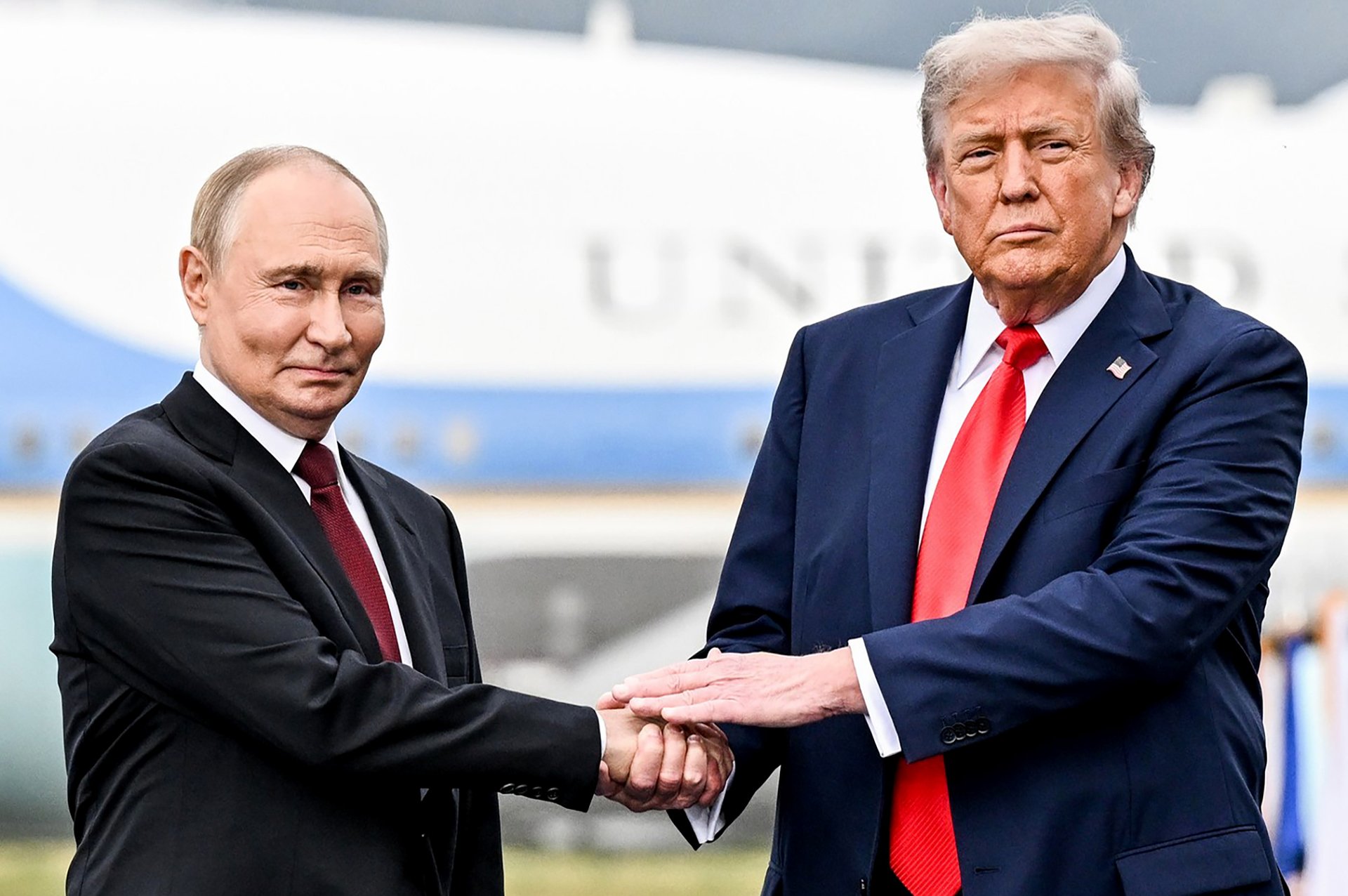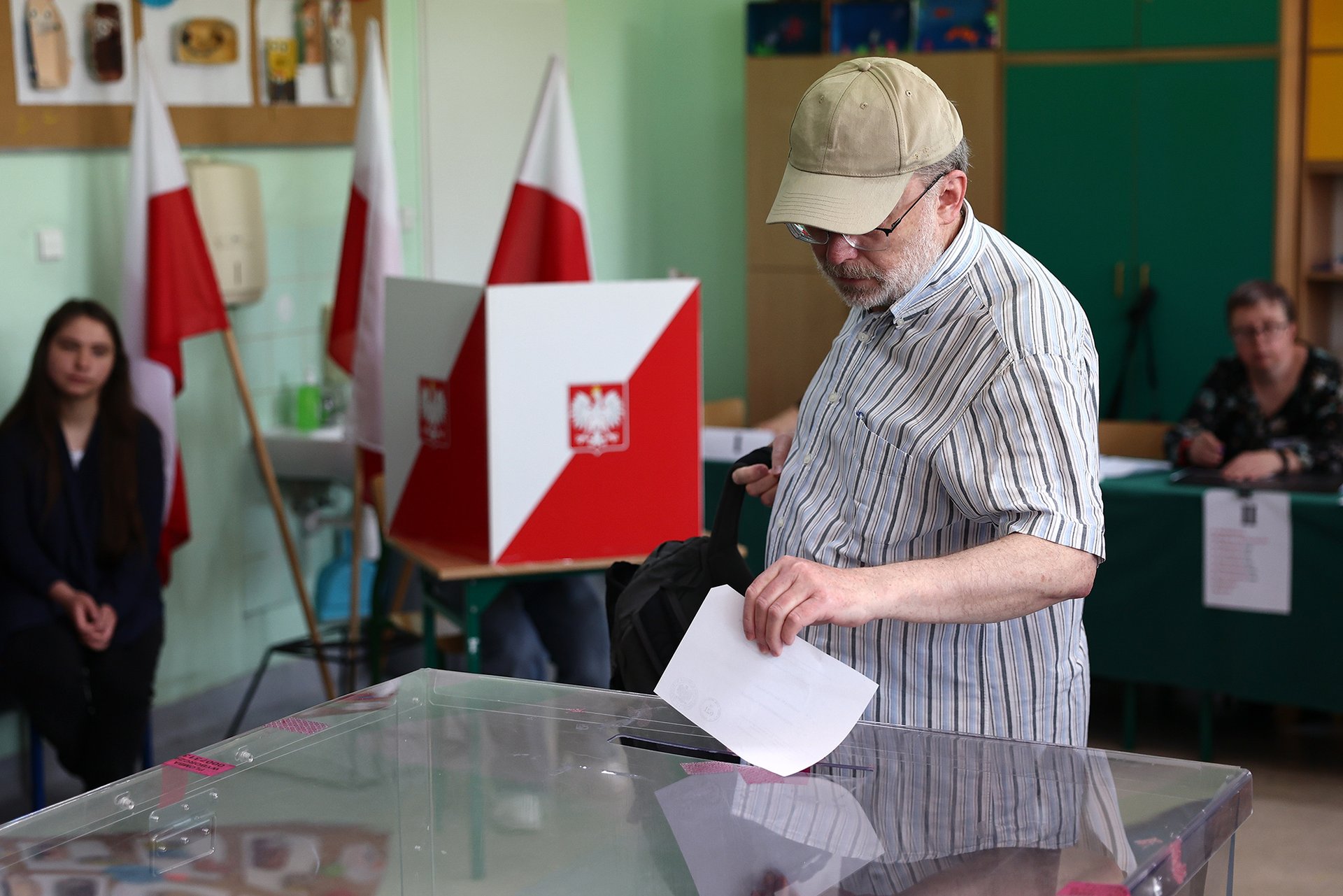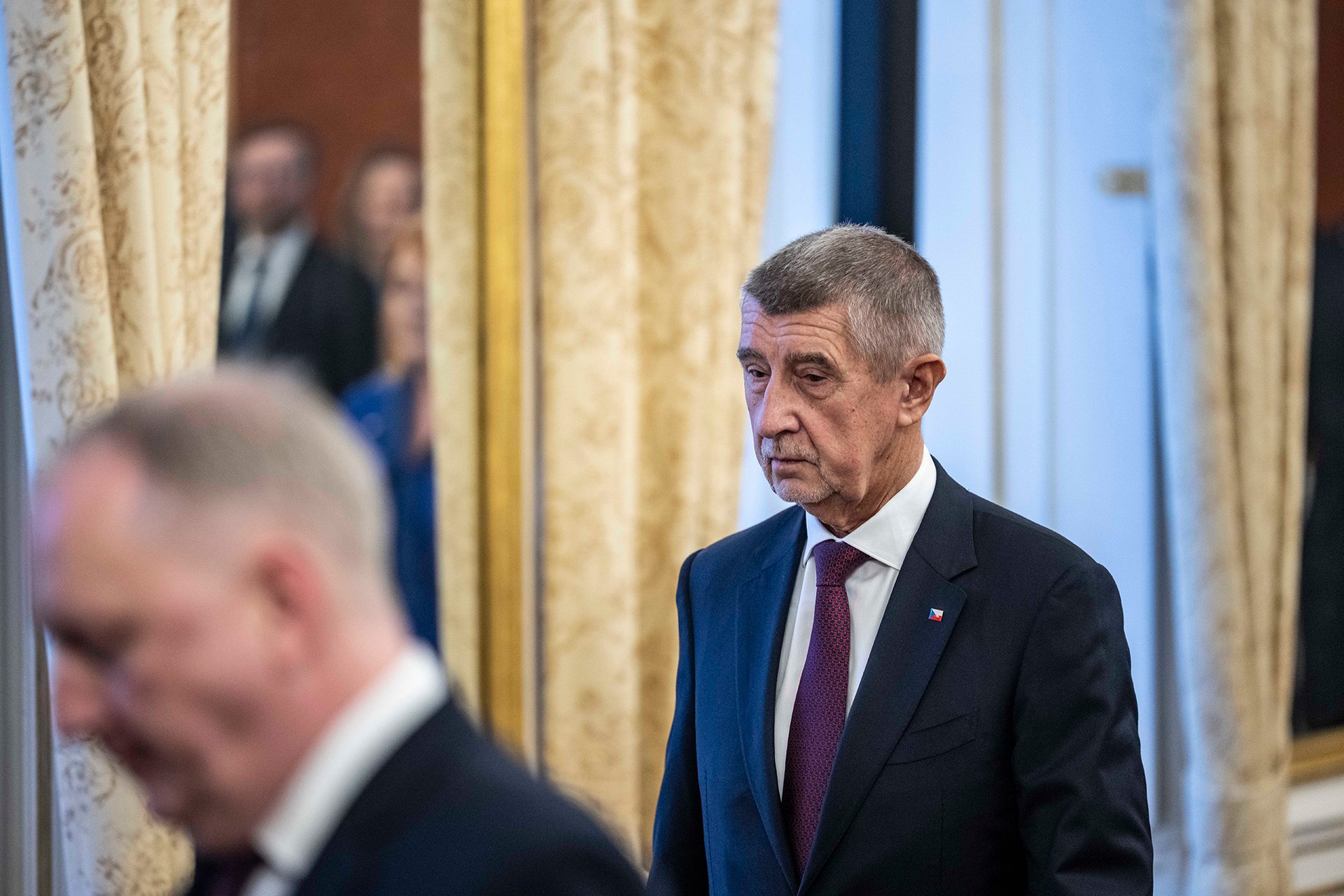The EU’s role in counter-terrorism
After the September 11th 2001 attacks in the US, EU governments directed more resources into the fight against terrorism. They agreed to create an EU-wide arrest warrant, drew up a common definition of the crime of terrorism, and drafted rules for more joint operations between national police forces.

After the September 11th 2001 attacks in the US, EU governments directed more resources into the fight against terrorism. They agreed to create an EU-wide arrest warrant, drew up a common definition of the crime of terrorism, and drafted rules for more joint operations between national police forces. Governments gave Europol, the EU police agency, extra resources and a new task force made up of officers from national police and intelligence services. The governments also created Eurojust, the EU’s nascent law enforcement agency, to help national magistrates work together on cross-border investigations; and a new ‘European Border Agency’, which is based in Poland and encourages greater co-operation between national border guards, started its work in May 2005.
The terrorist bombings in Madrid in March 2004, and in London in July 2005, have added impetus to EU anti-terrorism efforts. At their summit at the end of March 2004, EU governments signed a ‘solidarity clause’, pledging to help any EU country that was a victim of a terrorist attack. In October 2004, EU interior ministers agreed on a spate of counter-terrorism measures, as part of their justice and home affairs work programme (known in EU-jargon as the ‘Hague programme’), which should be implemented by 2010. In December 2004, EU governments approved a ‘counter-terrorism’ action plan, containing over 150 different measures to collaborate better on issues like curbing terrorist funding and responding to terrorist attacks.
However, only three days before the 2004 Madrid bombings the EU’s foreign and security policy chief, Javier Solana, finished an internal report on the EU’s counter-terrorism efforts. The report identified three major shortfalls: some member-states were not implementing their EU agreements, such as the common arrest warrant; the EU lacked sufficient resources to play a meaningful role in counter-terrorism, such as enough intelligence analysts; and co-ordination between EU officials working on law enforcement, foreign and defence policies was poor.


In the aftermath of the Madrid attacks, the governments appointed Gijs de Vries to work for Solana as the EU’s ‘counter-terrorism co-ordinator’. However, de Vries has virtually no power. He has no money and cannot propose legislation; nor can he chair meetings of national justice or foreign ministers to set the anti-terrorism agenda. His first job is to determine what exact role the EU can play in counter-terrorism, and to encourage greater co-ordination of national policies at the EU level. De Vries audits the progress of the EU’s counter-terrorism action plan, and tries to cajole the member-states to implement the 150 plus measures, but he cannot force the governments to act.
In addition, de Vries should also encourage greater co-operation between the Commission (which drafts legislation on a range of measures such as tackling terrorist financing and money laundering) and the Council (where national interior and foreign ministers meet to decide EU policies). But de Vries’ institutional challenges do not stop there. A plethora of other institutions and committees have a role in different aspects of EU counter-terrorism policies, and de Vries should also co-ordinate these. They include not only Europol and Eurojust, but also the Terrorism Working Group (which brings together national interior ministry officials), the Police Chiefs Task Force, and the Counter Terrorism Group (which is composed of national internal intelligence service officials) – amongst others.
For all these institutions and committees, as yet the EU plays no role in counter-terrorist operations. It is the member-states alone that carry out anti-terrorist operations. After the Madrid attacks, Austria and Belgium proposed that the EU should set up a European version of the Central Intelligence Agency (CIA) in the US. However, there is no chance of the EU creating an intelligence agency with its own ‘euro-spies’ and satellites. The five EU governments with the greatest intelligence resources (Britain, France, Germany, Italy and Spain) are strongly opposed to such a move. Their intelligence agencies would rather share their most sensitive information with a few countries than with 24 other governments, which would greatly increase the chance of leaks.
Even so, all the 25 governments have agreed that the EU’s Situation Centre (SitCen) should provide them with strategic analyses of the terrorist threat. SitCen is located in the Council secretariat and reports to Javier Solana. It brings together national experts to analyse intelligence assessments from the member-states (rather than raw intelligence). The national officials decide what information they want to send to SitCen. Previously, SitCen analysts only assessed threats emanating outside EU territory, but now they can combine those assessments with information from internal security services, and from Europol. This small development is significant because SitCen can encourage EU foreign, defence and internal security officials, as well as national security services, to join up their thinking on the terrorist threat.
The EU’s anti-terrorism policies are extremely limited for at least two reasons. First, the EU is not like a national government. It cannot arrest or prosecute terrorists, nor can it use spies or satellites to track them. Local policemen and national intelligence officers carry out most counter-terrorism work, such as infiltrating cells and arresting suspects. During cross-border investigations, governments carry out most of their work bilaterally, rather than at the EU level. National intelligence services are often loath to share information with more than one other government. Second, the EU’s difficulties are compounded because ‘counter-terrorism’ is not in itself a defined policy area. It spans a number of policy areas, such as law enforcement, border control, and foreign and defence policy. National governments already find it hard to co-ordinate their different ministries and agencies involved in counter-terrorism. Trying to co-ordinate the collective efforts of 25 governments at the EU level is exponentially more difficult.
Thus, there is a paradox in the EU’s role in counter-terrorism. On the one hand, the governments agree in principle that co-operation at the EU level is a good thing because of the cross-border nature of the terrorist threat. On the other, they are slow to give the Union the powers (such as investigation and prosecution) and resources (such as spies and money) it would need to be truly effective. This is because security policy – especially protecting citizens – goes to the core of national sovereignty, and governments are reluctant to give the EU powers that could interfere with their existing laws and national security practices. Currently, the EU co-ordinates national anti-terrorism policies rather than pursue its own counter-terrorism policies.
Czech version here.
The author is Senior Research Fellow, Centre for European Reform.
Pokud jste v článku našli chybu, napište nám prosím na [email protected].










